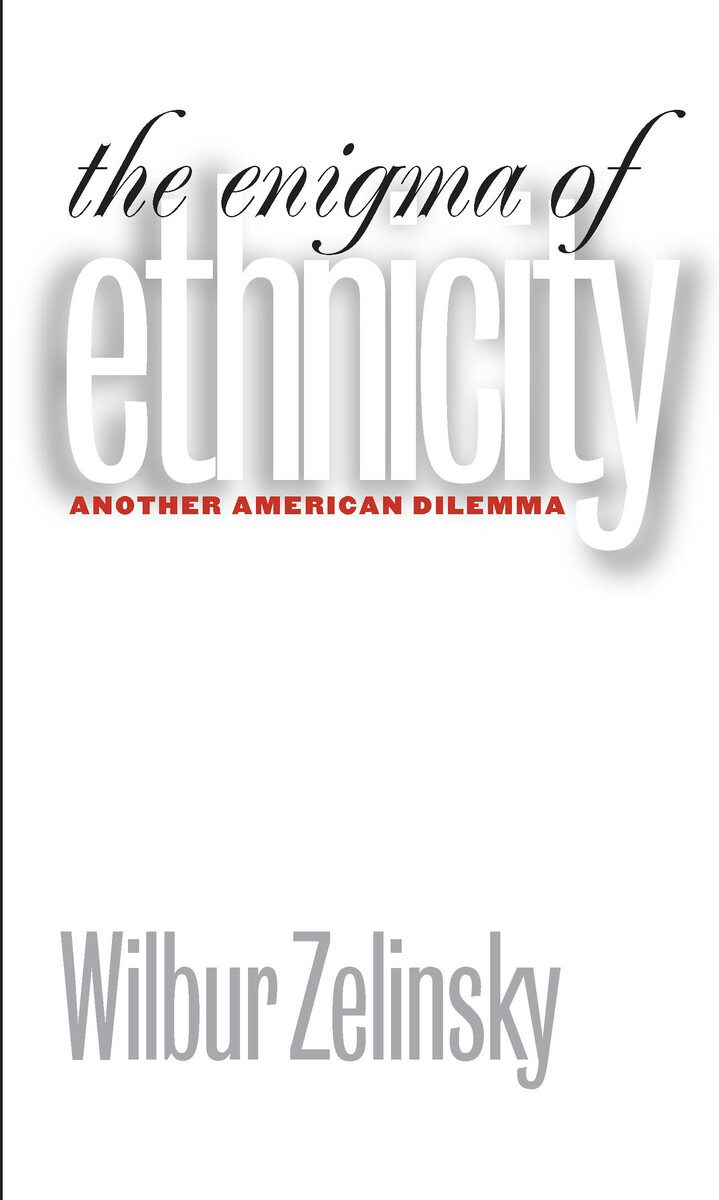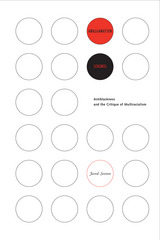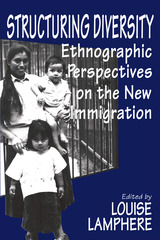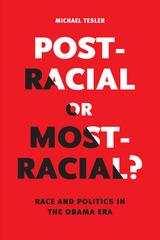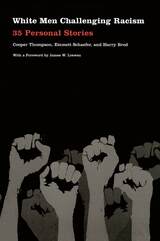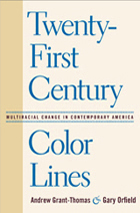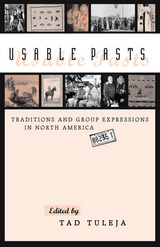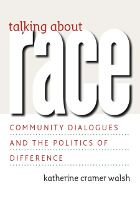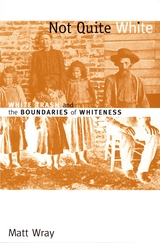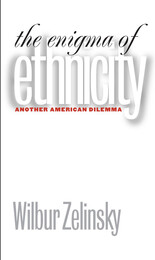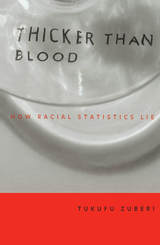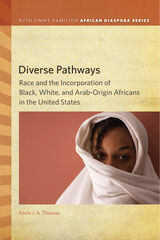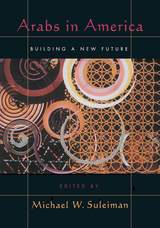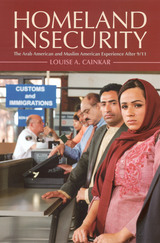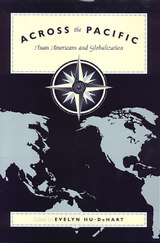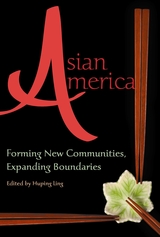The Enigma of Ethnicity: Another American Dilemma
University of Iowa Press, 2001
eISBN: 978-1-58729-339-9 | Cloth: 978-0-87745-749-7 | Paper: 978-0-87745-750-3
Library of Congress Classification E184.A1Z45 2001
Dewey Decimal Classification 305.800973
eISBN: 978-1-58729-339-9 | Cloth: 978-0-87745-749-7 | Paper: 978-0-87745-750-3
Library of Congress Classification E184.A1Z45 2001
Dewey Decimal Classification 305.800973
ABOUT THIS BOOK | AUTHOR BIOGRAPHY | REVIEWS | TOC | REQUEST ACCESSIBLE FILE
ABOUT THIS BOOK
In The Enigma of Ethnicity Wilbur Zelinsky draws upon more than half a century of exploring the cultural and social geography of an ever-changing North America to become both biographer and critic of the recent concept of ethnicity. In this ambitious and encyclopedic work, he examines ethnicity's definition, evolution, significance, implications, and entanglements with other phenomena as well as the mysteries of ethnic identity and performance.
Zelinsky begins by examining the ways in which “ethnic groups” and “ethnicity” have been defined; his own definitions then become the basis for the rest of his study. He next focuses on the concepts of heterolocalism—the possibility that an ethnic community can exist without being physically merged—and personal identity—the relatively recent idea that one can concoct one's own identity. In his final chapter, which is also his most provocative, he concentrates on the multifaceted phenomenon of multiculturalism and its relationship to ethnicity. Throughout he includes a close look at African Americans, Hispanics, and Jews as well as such less-studied groups as suburbanized Japanese, Cubans in Washington, Koreans, Lithuanian immigrants in Chicago, Estonians in New Jersey, Danish Americans in Seattle, and Finns.
Reasonable, nonpolemical, and straightforward, Zelinsky's text is invaluable for readers wanting an in-depth overview of the literature on ethnicity in the United States as well as a well-thought-out understanding of the meanings and dynamics of ethnic groups, ethnicity, and multiculturalism.
Zelinsky begins by examining the ways in which “ethnic groups” and “ethnicity” have been defined; his own definitions then become the basis for the rest of his study. He next focuses on the concepts of heterolocalism—the possibility that an ethnic community can exist without being physically merged—and personal identity—the relatively recent idea that one can concoct one's own identity. In his final chapter, which is also his most provocative, he concentrates on the multifaceted phenomenon of multiculturalism and its relationship to ethnicity. Throughout he includes a close look at African Americans, Hispanics, and Jews as well as such less-studied groups as suburbanized Japanese, Cubans in Washington, Koreans, Lithuanian immigrants in Chicago, Estonians in New Jersey, Danish Americans in Seattle, and Finns.
Reasonable, nonpolemical, and straightforward, Zelinsky's text is invaluable for readers wanting an in-depth overview of the literature on ethnicity in the United States as well as a well-thought-out understanding of the meanings and dynamics of ethnic groups, ethnicity, and multiculturalism.
See other books on: Cultural pluralism | Enigma | Ethnicity | Pluralism (Social sciences) | Zelinsky, Wilbur
See other titles from University of Iowa Press
